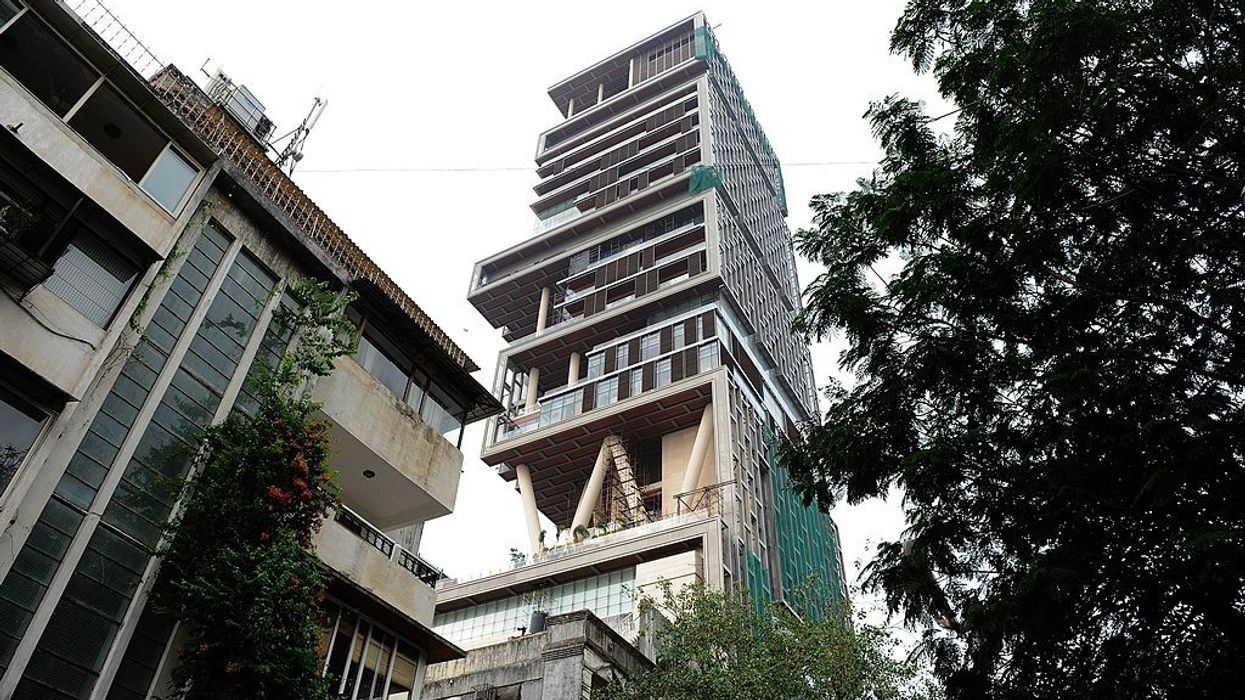INDIAN billionaires saw their combined fortunes more than double during the Covid-19 pandemic, and the club expanded up by 39 per cent to include 142 members, a new study showed on Monday (17).
In its annual inequality survey released on the first day of the World Economic Forum's online Davos Agenda summit, Oxfam India said the wealth of the 10 richest Indians could fund the school and higher education of children in the country for 25 years.
Its findings also showed that an additional one per cent tax on the richest 10 per cent Indians can provide the country with nearly 1.77 million extra oxygen cylinders, while a similar wealth tax on the 98 richest billionaire families would finance Ayushman Bharat, the world's largest health insurance scheme, for more than seven years.
The Covid-19 pandemic saw a huge rush for oxygen cylinders and insurance claims during the second wave last year.
On wealth inequality, the Oxfam report added that 142 Indian billionaires collectively own the equivalent wealth of $719 billion (£528.14 bn). If each of the 10 richest Indian billionaires were to spend $1 million daily, it would take them 84 years to exhaust their current wealth, while an annual wealth tax applied to multi-millionaires and billionaires would raise $78.3 bn (£57.52 bn) a year. That amount would be enough to increase the Indian government’s health budget by 271 per cent.
Noting that Covid-19 may have begun as a health crisis, but has become an economic one now, Oxfam said the wealthiest 10 per cent have amassed 45 per cent of the national wealth, while the share of the bottom 50 per cent of the population is a mere six per cent.
It added that the “inadequate” governmental expenditure on health, education and social security has gone hand-in-hand with a rise in the privatisation of health and education, thus making a full and secure Covid-19 recovery out of reach for the common citizen.
The study urged the government to revisit its primary sources of revenue generation, adopting more progressive methods of taxation and assessing its structural issues that permit such wealth accumulation by the rich.
Additionally, the government should also redirect revenue towards health, education and social security, treating them as universal rights and as a means of reducing inequality, thereby avoiding the privatisation model for these sectors, Oxfam said.
"We call upon the government to redistribute India's wealth from the super-rich to generate resources for the majority by reintroducing the wealth tax and to generate revenue to invest in the education and health of future generations by imposing a temporary one per cent surcharge on the rich for health and education," it said.
On gender inequality, Oxfam India said women accounted for 28 per cent of all job losses and lost two-thirds of their income during the pandemic.
India's 2021 budget allocation for the ministry of women and child development is less than half of the total accumulated wealth of the bottom 10 of India's billionaire list, the report noted. A two per cent tax on individuals with an income of more than Rs 100 mn (£980,000) could increase the ministry's budget by 121 per cent, it added.
On health inequality, the report said a four per cent wealth tax on the 98 richest families in India would finance the ministry of health and family welfare for more than two years and noted that their combined wealth is 41 per cent more than the union budget of India.
And on education inequality, the study said a one per cent of tax on wealth of the 98 billionaires in India can fund the total annual expenditure of the department of school education and literacy under the ministry of education.
Similarly, a four per cent tax on the wealth of the 98 billionaires would be enough to fund the Mission Poshan 2.0, the government’s nutrition programme, for 10 years.
Indian billionaires’ wealth doubles during pandemic: Study




